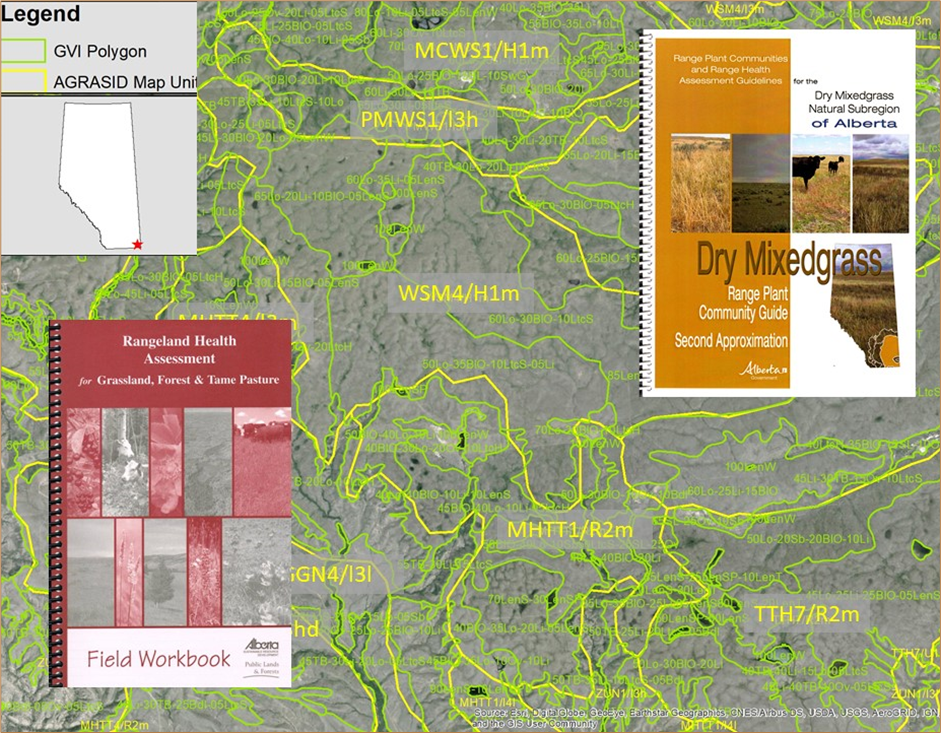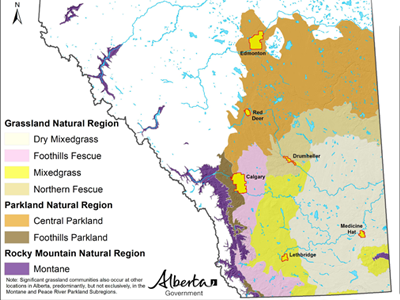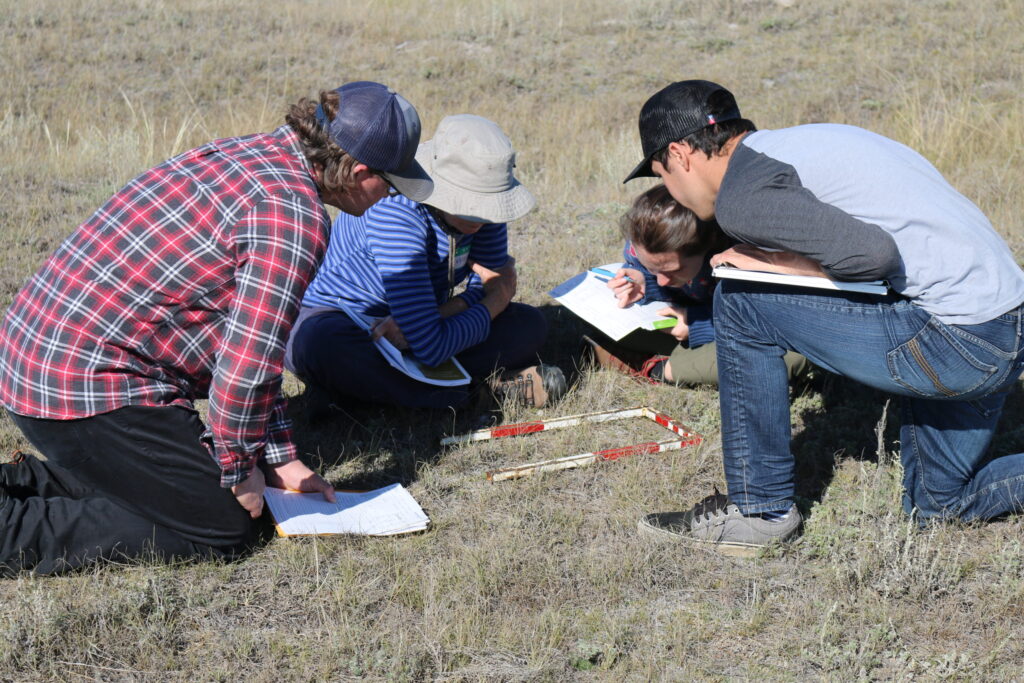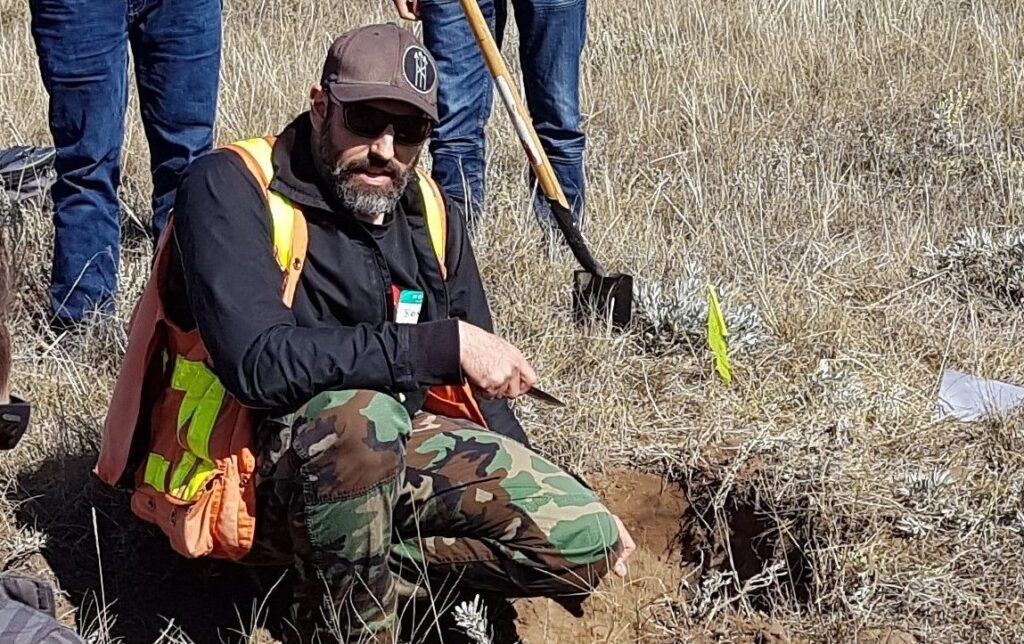Fall Information Session 2024 – “Case Studies”
Claresholm, AB.
The Grassland Restoration Forum (GRF) promotes the conservation and restoration of native grasslands in Alberta through education, outreach and research to improve reclamation practice and foster stewardship. The GRF began in 2006 as a collaboration between members of provincial agencies, the ranching community, conservation organizations, First Nations, industry, plant ecologists and reclamation practitioners.

THE GRF is proud to present updated 2nd Editions for both the Mixedgrass and Dry Mixedgrass Natural Subregions. These guidance documents are designed to provide recovery strategies specific to Industrial Development in Native Grasslands. This is an essential reference document for reclamation practitioners working in the native grasslands.
*Full colour spiral-bound hardcopies of all Recovery Strategies For Industrial Development In Native Grasslands are available for purchase or downloadable as a pdf free of charge.
Native grasslands and their ecological functions are conserved and successfully restored by informed stakeholders and practitioners within a multiple-use landscape.
To provide a forum for information sharing, tool development, research and education to promote and support conservation and effective restoration of native grassland ecosystems in Alberta.
The focus of the GRF is Alberta’s Grassland Natural Region and grasslands of the neighbouring Parkland and Montane Natural Subregions.

Grasslands are a rich landscape that provides important ecosystem functions, such as cleansing our air, storing and filtering our water, capturing carbon and supplying sustainable grazing.
Native grasslands, from flat, dry prairie to montane meadows, provide a diversity of habitats that support a suite of wildlife from sage grouse to grizzly bears. Alberta’s native grasslands provide environmental, economic and social benefits to the residents of Alberta and beyond.
Conservation of intact native grassland landscapes and successful restoration practices are critical to maintaining habitat, biodiversity and ecosystem function in a multiple use landscape.
Claresholm, AB.

These guidance documents are designed for industry and others to improve reclamation outcomes in native grassland ecosystems with the goal of restoration after disturbance. Guidance is based on long-term monitoring, literature review, peer review and stakeholder workshops

To hear about upcoming GRF Events, Training,
and Publications of Interest.

Unfortunately with a number of late cancellations for the Range Plant Community Guides & Recovery Strategies Workshop scheduled for September 13th, 2023 we’ve had to make the tough decision to cancel the workshop for this fall due to insufficient registrations for a cost recovery event. We will be offering the same workshop in conjunction with the CLRA Conference in March 2024. The GRF Mailing list will receive notice/announcements about the event as details become available.
We are still proceeding as planned with the Grassland Assessment Classroom & Hands on Field Training on September 14th at the Cassils Hall/Antelope Creek Ranch.
Apologies for any inconvenience and appreciate your understanding.